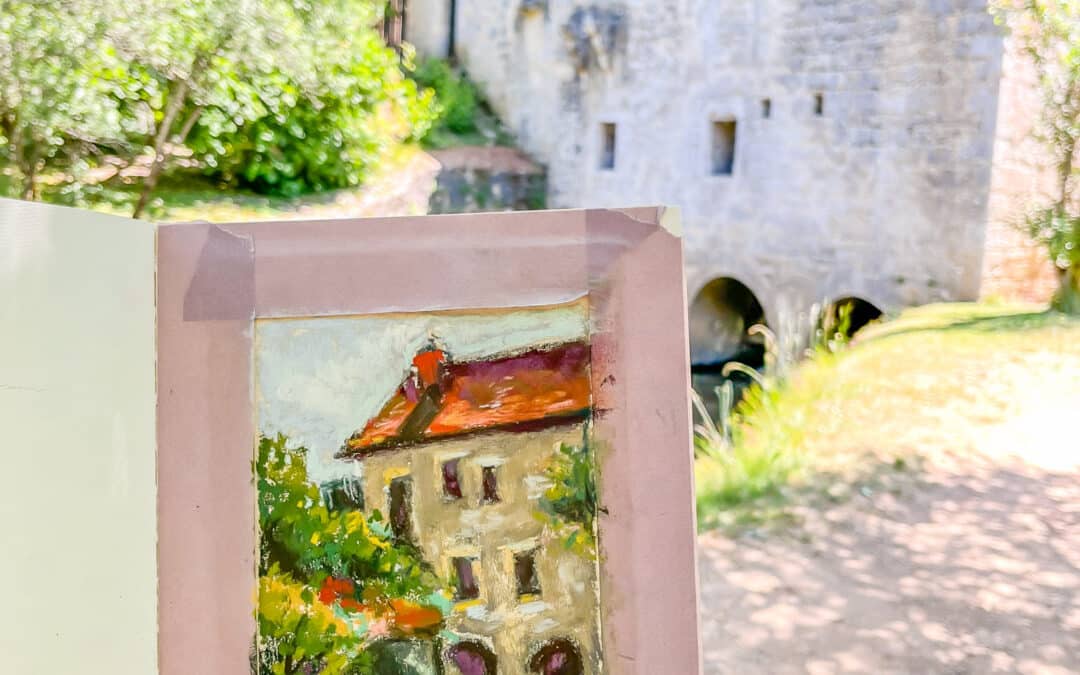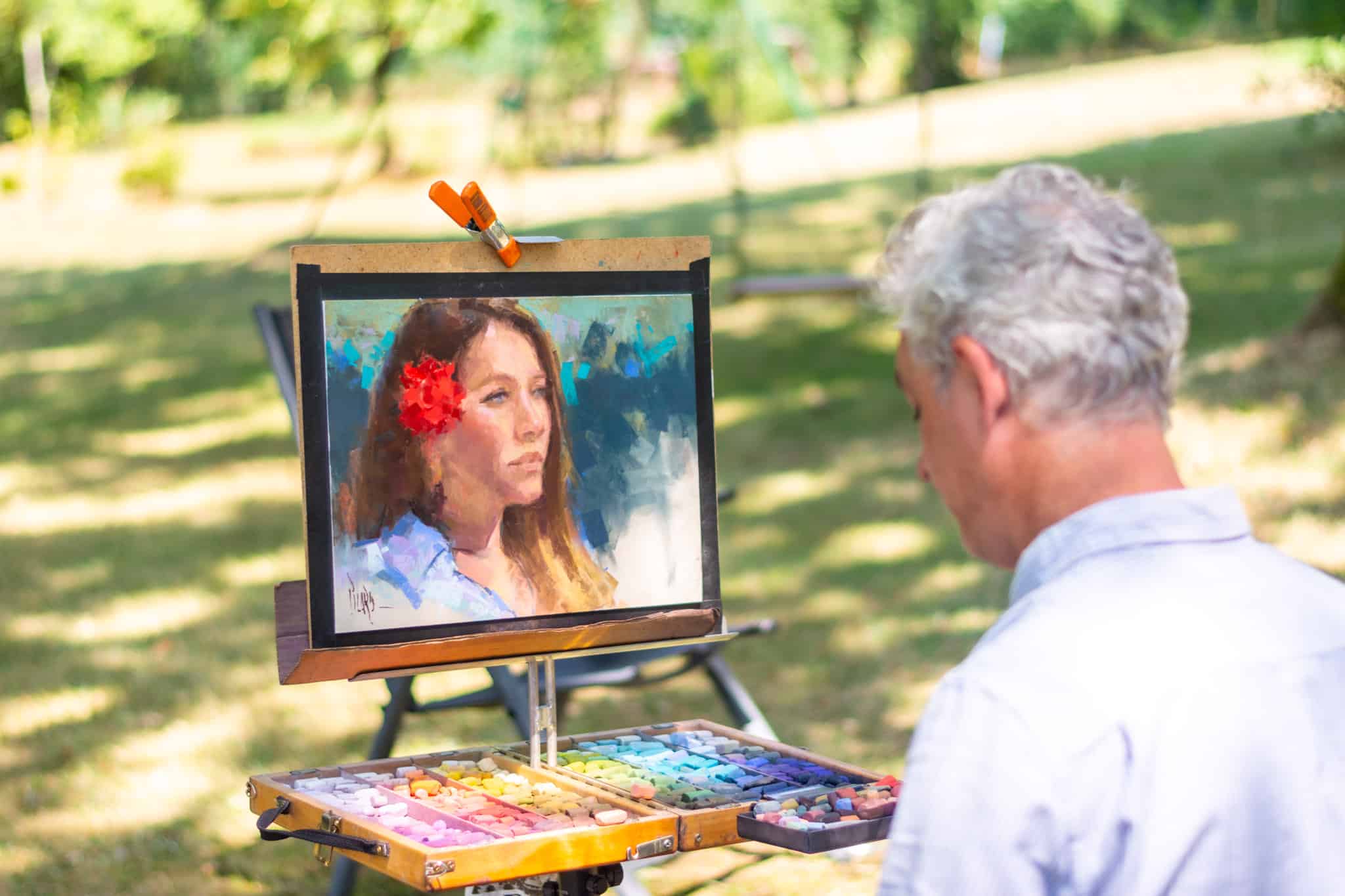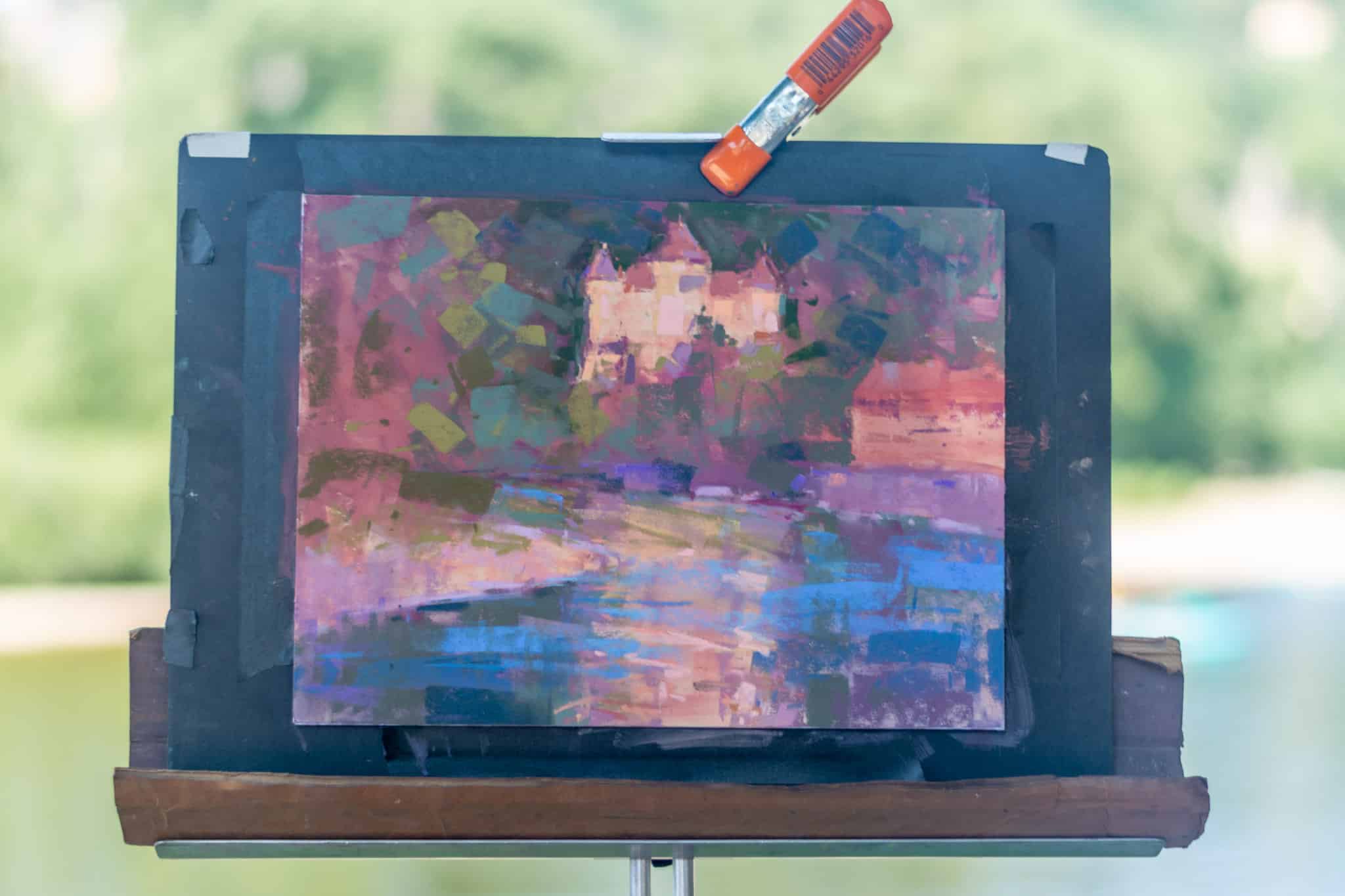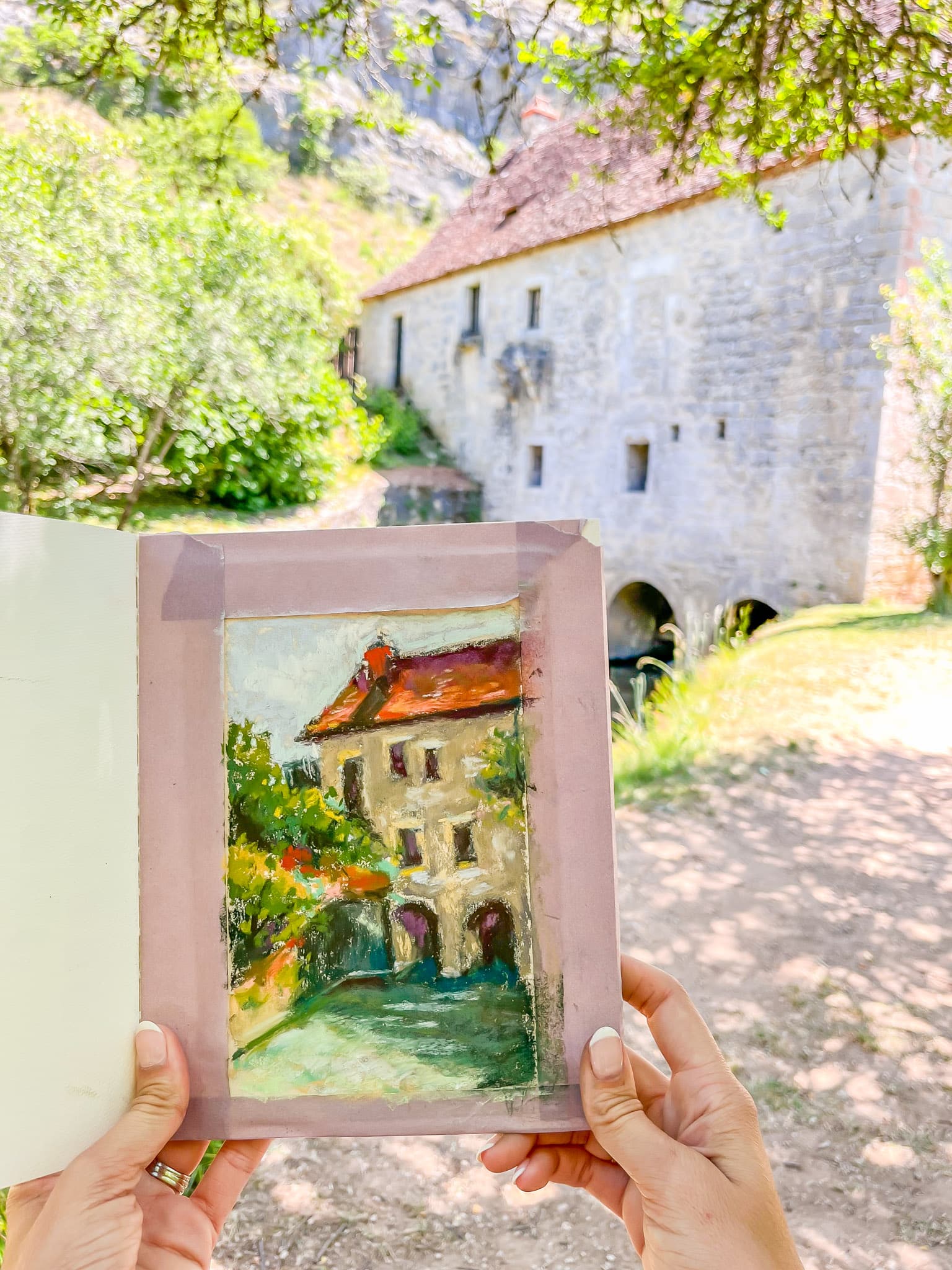When Should I Start Taking Commissions as an Artist?
As an artist, it can be tempting to jump at any opportunity to take on commissions. After all, commissions can be a great way to earn income and gain exposure for your work. However, it’s important to consider a few key factors before diving in. In this blog, we’ll explore when to start taking on commissions as an artist.
First and foremost, it’s important to assess your skills and experience. While it’s certainly possible to take on commissions as a beginner artist, it’s important to be honest with yourself about your level of proficiency. If you’re just starting out, it may be best to focus on building your skills and creating a body of work before taking on paid projects. Taking on a commission that’s beyond your current abilities could lead to frustration and disappointment for both you and the client.
A couple of pieces by the talented Alain Picard
Once you feel confident in your skills, it’s important to consider your workload and schedule. Taking on a commission requires a significant investment of time and energy, so it’s important to ensure that you have the bandwidth to complete the project in a timely manner. If you’re already juggling multiple projects or have other commitments, taking on a commission may not be feasible at this time.
Another important consideration is your artistic style and preferences. When taking on a commission, it’s important to ensure that the project aligns with your creative vision and artistic style. If a client is requesting a piece that’s significantly outside of your wheelhouse, it may be best to politely decline the project and refer them to another artist who’s a better fit.
Finally, it’s important to consider the business side of things. Before taking on a commission, be sure to clearly define the scope of the project, including timelines, deliverables, and compensation. It’s also important to have a solid contract in place that outlines these details and protects both you and the client.
In summary, there’s no one-size-fits-all answer to when to start taking on commissions as an artist. It’s important to assess your skills, workload, artistic style, and business readiness before diving in. By taking a thoughtful approach to commission work, you can ensure that you’re set up for success and can create beautiful, meaningful pieces for your clients.
Some of Ivy’s work during her 2022 workshop with us, including a weak hand warm-up exercise.
In conclusion, while painting en plein air may not be for everyone, it’s worth considering as a valuable tool for improving your artistic practice. By embracing the challenges and benefits of working outdoors, you can develop new skills, gain fresh perspectives, and connect with other artists and your community.
If you’re starting out as a professional artist, you might want to read our previous blog about online branding.






